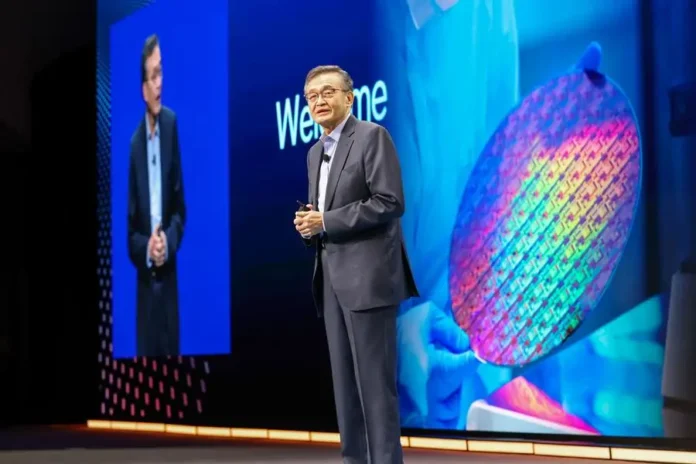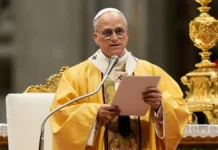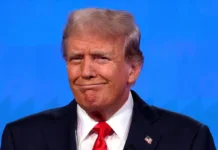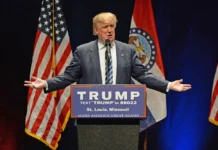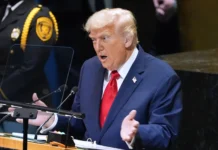By Ian Maleve
Former U.S. President Donald Trump held a high-stakes closed-door meeting with the CEO of Intel Corporation, just days after publicly calling for the executive’s resignation.
The rare face-to-face engagement took place at Trump’s private club in Florida and was attended by a select group of advisors and senior executives from the tech and manufacturing sectors.
The meeting follows mounting tensions between Trump and the chipmaking giant, sparked by what he described as Intel’s failure to maintain global competitiveness, especially in the face of rising Chinese semiconductor dominance.
Trump has been critical of the company’s leadership, blaming it for production delays, outsourcing, and what he called “missed opportunities” to strengthen American chip independence.
Insiders familiar with the discussion described the atmosphere as tense but constructive. Trump reportedly pressed the Intel CEO on issues ranging from domestic investment commitments to the company’s ability to deliver on its promises under the CHIPS and Science Act, which aims to revitalize America’s semiconductor manufacturing base.
Despite the earlier criticism, Trump is said to have expressed support for U.S.-based semiconductor innovation, emphasizing the strategic importance of chip manufacturing for national security and economic sovereignty.
However, he made it clear that he believes stronger leadership is necessary to ensure the U.S. remains at the forefront of technological development.
The Intel CEO, for his part, defended the company’s recent performance and laid out a roadmap for recovery, including plans for new fabrication plants, expanded partnerships with American universities, and recruitment of engineering talent.
He also assured Trump that Intel remains committed to reshoring production and reducing reliance on overseas foundries.
While no formal agreement emerged from the meeting, the two sides reportedly agreed to continue dialogue.
The development adds a new layer of complexity to the already volatile intersection of technology policy, politics, and global supply chains, with both parties under pressure to deliver results ahead of the 2026 U.S. midterm elections.









